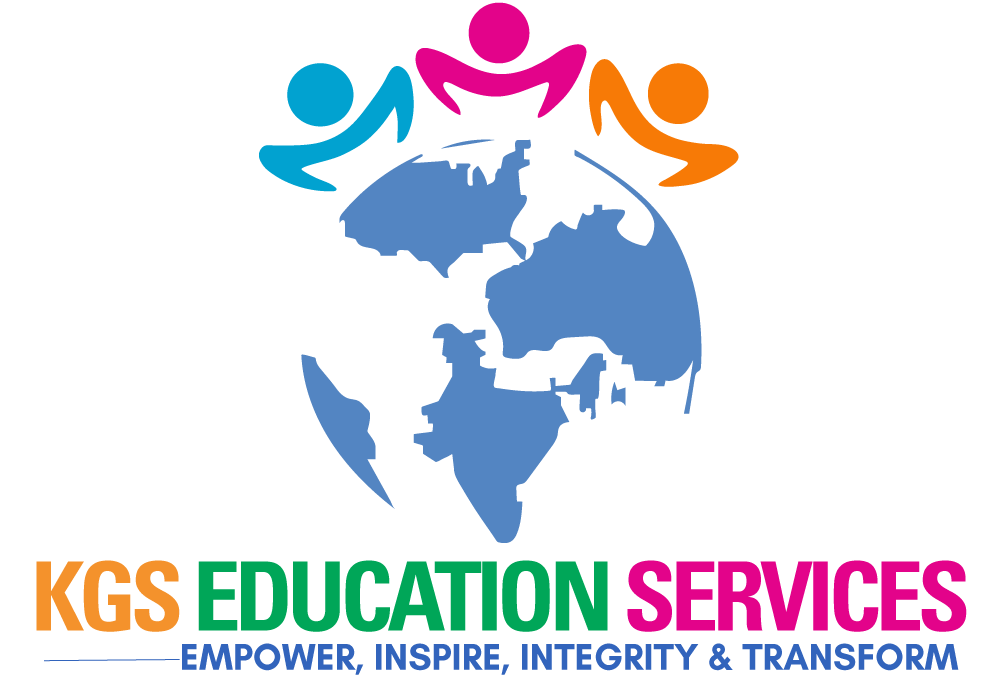Introduction:
In today’s interconnected world, the importance of building stronger communities through education and diversity cannot be overstated. Education serves as the foundation for fostering understanding, empathy, and cooperation among diverse individuals and communities. By embracing diversity in educational settings, we not only enrich the learning experience but also create more inclusive and resilient communities. In this article, we’ll explore the profound impact of education and diversity on community building and highlight strategies for promoting inclusivity and unity.

- Fostering Cultural Understanding and Appreciation:
- Education provides a platform for promoting cultural understanding and appreciation among individuals from different backgrounds.
- By learning about diverse cultures, traditions, and perspectives, individuals develop empathy, respect, and an appreciation for the richness of human diversity.
- Creating Inclusive Learning Environments:
- Inclusive education ensures that all students, regardless of their background or abilities, feel valued, respected, and supported in the learning process.
- Schools and educational institutions play a pivotal role in creating inclusive environments where every student feels safe, welcome, and empowered to succeed.
- Promoting Equity and Access to Education:
- Access to quality education is a fundamental human right that should be available to all individuals, regardless of their socio-economic status, race, or ethnicity.
- By addressing systemic barriers to education and promoting equity in access and opportunity, we can create a more just and equitable society.
- Empowering Marginalized Communities:
- Education serves as a powerful tool for empowering marginalized communities and addressing social inequalities.
- By providing access to education, marginalized individuals and communities gain the knowledge, skills, and confidence to advocate for their rights and create positive change in their communities.
- Celebrating Diversity in Curriculum and Instruction:
- Diverse curricula that reflect the experiences and contributions of individuals from different backgrounds are essential for promoting inclusivity and fostering a sense of belonging.
- Educators can incorporate diverse perspectives, voices, and narratives into their teaching practice to ensure that all students see themselves reflected in the curriculum.
- Building Bridges Across Differences:
- Education facilitates dialogue, collaboration, and understanding across diverse communities, fostering connections and building bridges across cultural divides.
- By engaging in meaningful conversations and collaborative projects, individuals from diverse backgrounds can work together to address common challenges and build stronger, more resilient communities.
- Empowering Global Citizens:
- Education equips individuals with the knowledge, skills, and attitudes needed to become informed and engaged global citizens.
- By promoting global awareness, intercultural competence, and a sense of responsibility for the well-being of others, education empowers individuals to contribute positively to their communities and the world.
Conclusion:
Education and diversity are powerful catalysts for building stronger, more inclusive, and resilient communities. By embracing diversity, promoting inclusivity, and empowering individuals through education, we can create communities where everyone feels valued, respected, and supported. Together, we can harness the transformative power of education to build a brighter and more equitable future for all.
- Addressing STEM Education Disparities in Underserved Communities: Strategies for Equity and Inclusion
- The Role of Hands-on Learning in STEM Education
- Using Gamification to Enhance STEM Learning Experiences
- The Impact of Experiential Learning in STEM Education
- Leveraging Technology for Remote Learning: Lessons Learned from the Pandemic



